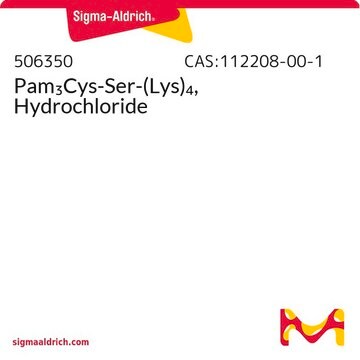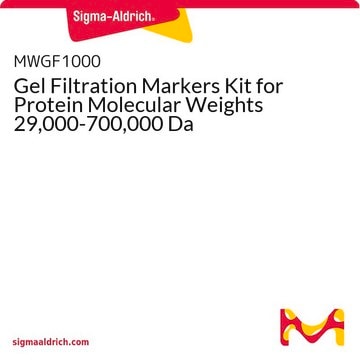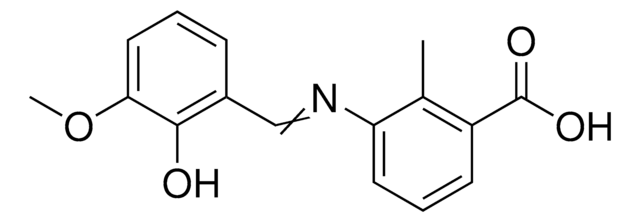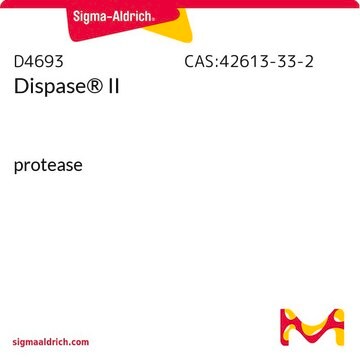614310
TLR3/dsRNA Complex Inhibitor
≥99% (HPLC), solid, TLR3/dsRNA complex inhibitor, Calbiochem®
Synonym(s):
TLR3/dsRNA Complex Inhibitor, ( R)-2-(3-Chloro-6-fluorobenzo[b]thiophene-2-carboxamido)-3-phenylpropanoic acid, Toll-Like Receptor 3/Double Strand RNA Complex Inhibitor, (R)-2-(3-Chloro-6-fluorobenzo[b]thiophene-2-carboxamido)-3-phenylpropanoic acid, Toll-Like Receptor 3/Double Strand RNA Complex Inhibitor
About This Item
Recommended Products
product name
TLR3/dsRNA Complex Inhibitor, The TLR3/dsRNA Complex Inhibitor blocks dsRNA binding to TLR3.
Quality Level
Assay
≥99% (HPLC)
form
solid
manufacturer/tradename
Calbiochem®
storage condition
OK to freeze
protect from light
color
white
solubility
DMSO: 50 mg/mL
shipped in
wet ice
storage temp.
2-8°C
General description
Packaging
Warning
Other Notes
Legal Information
Storage Class Code
11 - Combustible Solids
WGK
WGK 1
Flash Point(F)
Not applicable
Flash Point(C)
Not applicable
Certificates of Analysis (COA)
Search for Certificates of Analysis (COA) by entering the products Lot/Batch Number. Lot and Batch Numbers can be found on a product’s label following the words ‘Lot’ or ‘Batch’.
Already Own This Product?
Find documentation for the products that you have recently purchased in the Document Library.
Our team of scientists has experience in all areas of research including Life Science, Material Science, Chemical Synthesis, Chromatography, Analytical and many others.
Contact Technical Service


